You had me at "Free Narrative Language Assessment"If you like free, evidence-based language screening measures, you need to check out the CUBED Narrative Language Measures (NLM) and Dynamic Decoding Measures (DDM) from Language Dynamics (makers of Story Champs Narrative Language Intervention and the PEARL Screener). According to the authors, Douglas Peterson and Trina Spencer, the CUBED family of tools includes a criterion-referenced universal screening and progress monitoring assessment.. [which] can validly, reliably, and efficiently measure the constructs of decoding and language comprehension, and their product, reading for students in preschool through third grade. The results of the CUBED can directly inform instruction and provide information on a student’s modifiability and zone of proximal development. Wow! A free set of screening and progress monitoring tools that actually help inform your instruction AND your understanding of your students' actual decoding and language comprehension levels! But how does it work in actual practice? I used the NLM and here is my review (which was not solicited in any manner by CUBED or its associates. I just wanted to share my thoughts)
3 Comments
Speech and language games
As SLP's, we sometimes need very specialized tools to do our jobs well- video fluoroscopy machines for swallowing evaluations, specific sound stimuli for articulation therapy, or eye-gaze AAC devices for clients. Sometimes, though, we need items that can help us target the goals for the maximum amount of students/clients/patients on our caseload. Hence, my list of go-to games for maximum engagement! Whether you work in the schools or in a medical setting, these games are sure to be a hit!
Affiliate links included for your convenience. Oh, the /r/ sound. If you work with speakers of non-Bostonian American English, you know that this sound can be tricky. Besides the two major production types- Retroflex and Bunched- you also have prevocalic and vocalic /r/ types. Also, as Dr Wayne Secord notes in his formative textbook Eliciting Sounds: Techniques and Strategies for Clinicians: "The articulation of /r/ is highly variable..." Understatement of the century, right there.
I've worked with many students and clients on that pesky/r/ sound, with parents who report that others think their child is speaking in a Boston or Southern accent, or is British. Over the years, I've compiled a list of my favorite go-to resources and elicitation techniques for /r/, since many clients work on it for quite a bit of time. An updated version of this post is now hosted on my Private Practice SLP site.
We've all been there- between paperwork, evaluations, IEP meetings, bus/lunch/recess duty, PD that doesn't apply to our profession, fire drills, etc- sometimes there just isn't time to plan the therapy we envision. More than once, I've decided on a therapy activity while walking the students down the hall for their session. In general, those sessions have worked- a hallmark of being an SLP is being able to think on our feet and modify sessions as needed- but having an overall goal and theme for sessions is a useful practice. Thankfully, many talented SLP's have created membership-based sites that do much of the planning for you, so I've compiled a list of those sites below to help you work smarter, not harder! Titles are linked for your convenience! I love Christmas and Hanukkah- themed activities, but in many settings, they are not appropriate or allowed. So how to continue using relevant themes? Enter the Winter theme! Up here in PA, I can use winter activities from December through February, or March on a bad year. I've made a list of my favorite go-to activities to help you get through the post-break slump!
|
About MEI'm Jill! I love to create and blog about fun, evidence-based resources that make the lives of parents and busy SLPs easier.
�
Archives
February 2018
Categories
All
|
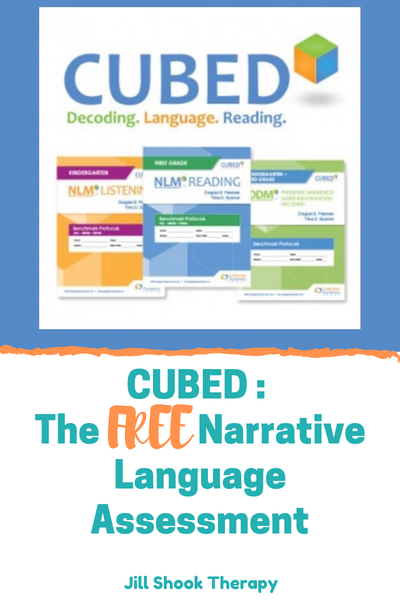
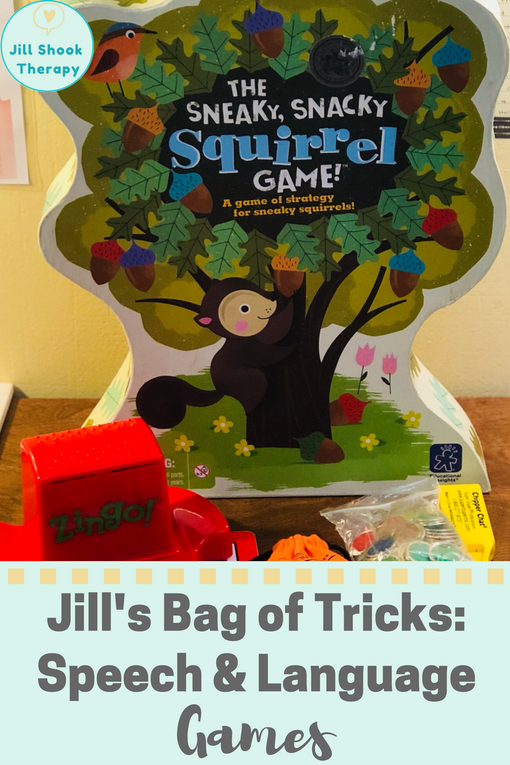

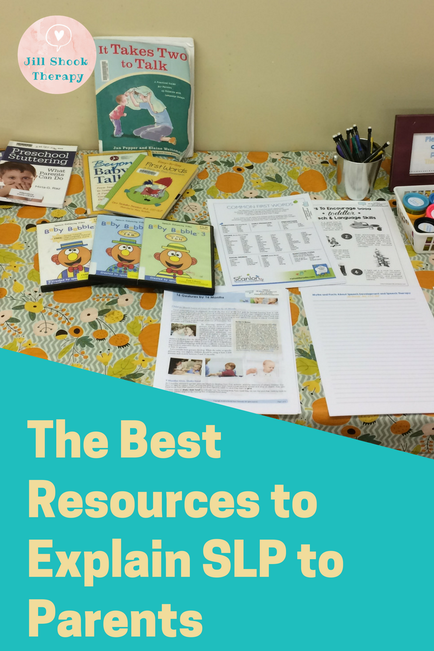
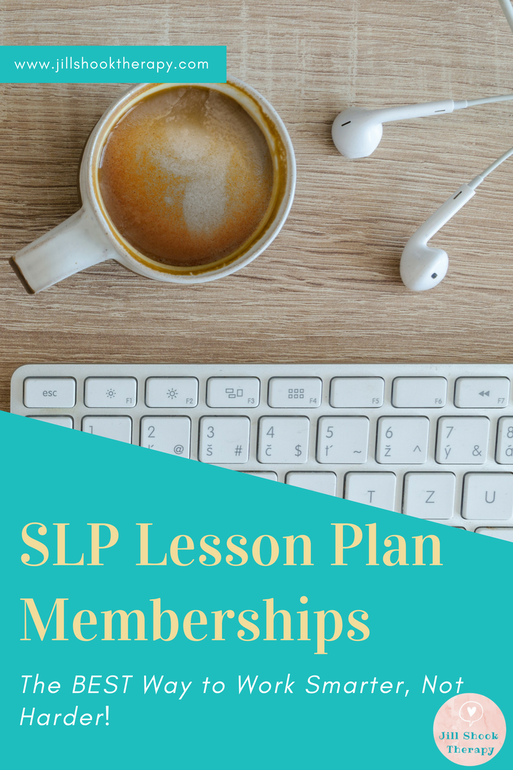
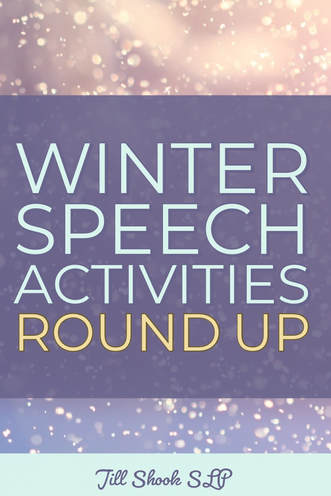

 RSS Feed
RSS Feed